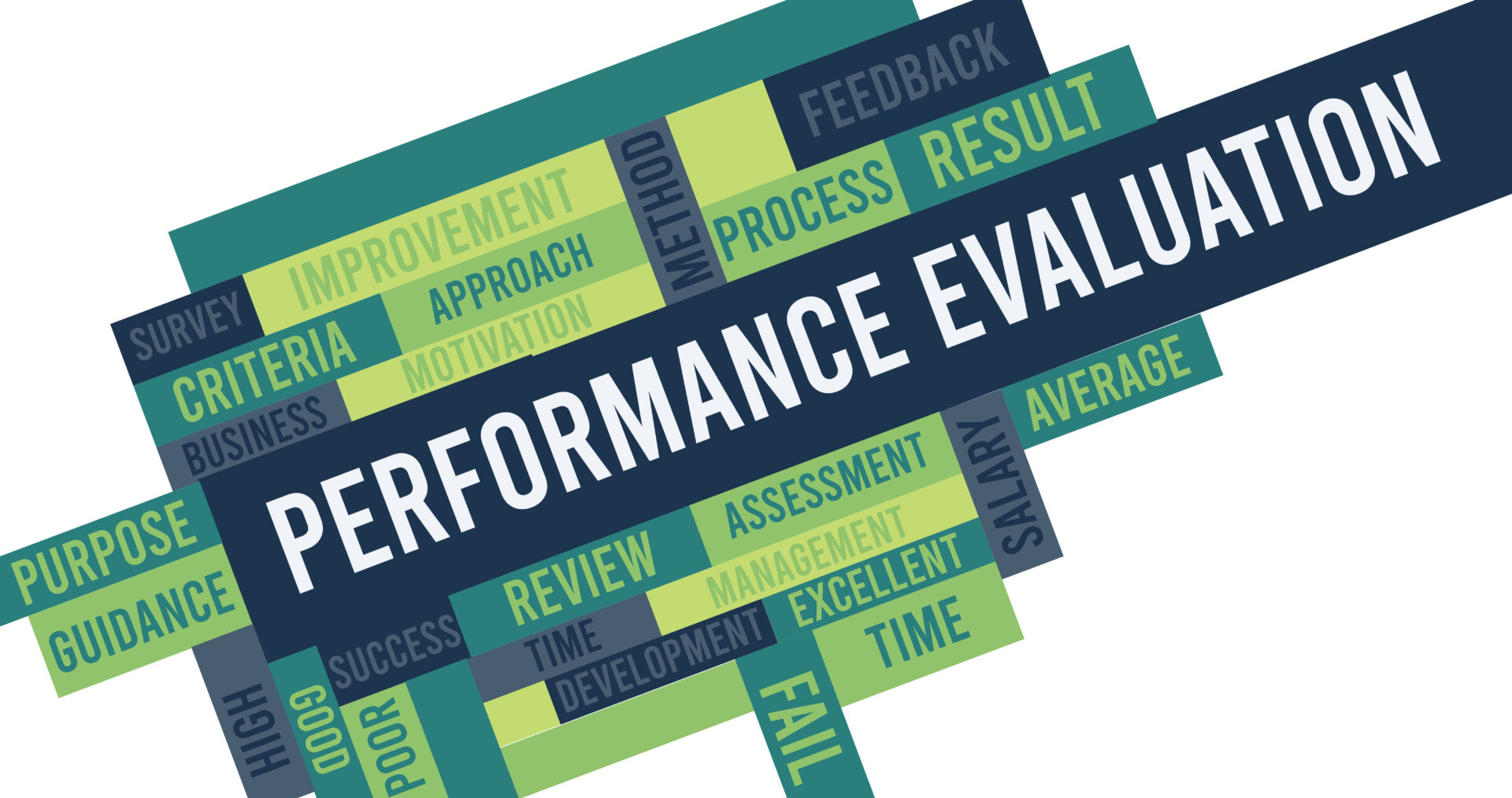Facilitated Performance Reviews: Empowering Leaders, Ensuring Excellence
Facilitated Performance Reviews
Developmental Associates (DA) is pleased to offer a new service in 2025, Facilitated Performance Reviews, for appointed local government leaders and non-profit Executive Directors/ CEOs. Our process includes working with the leader and elected officials to design a process that meets evidence-based and [ICMA best practices]for facilitated performance evaluation.
Upholding the values of transparency of evaluation criteria, open communication among the person being evaluated and the evaluators, and fairness should ideally be included in any evaluation of an Appointed Leader in local governments and nonprofits. In addition, the concepts of validity and reliability are at the heart of any effective performance evaluation.
The evaluation best practices outlined below are committed to these tenants with every step. Evaluating performance is grounded in the social science of organizational psychology. There are decades of evidence-based practices that allow for an effective process that enables the participant to know how they are doing regarding their performance in a way that allows for behavioral examples to be delivered safely and respectfully.
Facilitated Evaluation Best Practices
Without internal expertise, consultants may be hired as neutral facilitators of the evaluation process, holding all parties accountable to agreed-upon standards.
The elected body and Appointed Leader (City/County Manager, Attorney, Clerk, Executive Director/CEO) identify the evaluation criteria. These should be measurable and based on agreed-upon metrics and minimum standards. Once criteria and standards are established for review, they should not be changed unless extenuating circumstances make achievement impossible.
The elected body and city manager agree on the evaluation process. Typically, this is a combination of evaluating progress against established goals, the Appointed Leader’s self-evaluation of progress, survey evaluation by the governing body (and other raters if desired) of agreed-upon behaviors and criteria, and open-ended feedback from the elected body. An additional method for consideration includes a 360 evaluation, which allows the Appointed Leader's staff to evaluate leadership skills anonymously.
The governing body and Appointed Leader are trained on the evaluation process, including rater errors. Evaluators understand rater errors and seek to avoid making them individually and collectively by holding one another accountable. Raters are trained before beginning the evaluation process. This is a critical aspect of validity, reliability, and legal defensibility.
Ratings are based on behavioral examples, not opinions, with no actionable outcome. Not all evaluators will have a line of sight to all behaviors; thus, if a rater has no experience with the rated behavior, they should indicate "don't know" rather than giving a rating that would not be valid. Not all raters will have a line of sight for all evaluated behaviors, which is normal.
Evaluators use the entire rating scale. Evaluators must give measurement items the score they deserve. Effective and fair evaluators do not unilaterally decide, "I don't give 5's because no one is perfect." To do so changes the rating scale without consensus. The highest score on a scale does not equal perfection or no room for improvement. A reliable and valid rating means that the item measured matches the rating category and definition based on observed behaviors.
When a group of people completes an evaluation, it is essential to reflect the consensus opinion of all members regarding the factors being evaluated, the behaviors that represent those factors, and ratings. Evaluator consensus is accomplished by having each member individually rate the Leader, followed by a group discussion to arrive at a final consensus rating for each measure.
During the review session, divergent comments from raters will be discussed to help provide clarity and agreed-upon direction for the Leader to pursue in the next review period. It is crucial that each Member's ratings, whether positive or negative, be backed up with specific comments and examples so that the whole group understands the reasoning behind them as part of this discussion.
If individual comments (those that do not necessarily represent the sentiments of the governing board members as a whole) are included in the final document discussed with the Leader, the governing board members should decide in advance whether those comments will be anonymous or attributed to the individuals making them.
The governing board must decide how compensation is tied to the evaluation before embarking on the process. Ideally, mid-term feedback is provided without connection to compensation, whereas the annual review can help drive fair and equitable compensation adjustments.
Developmental Associates has an organizational psychologist who designs and implements the evaluation tools and process, including surveys, narrative feedback, and 360 tools. The process also includes a subject matter expert (retired leader in the sector) to gather data from elected officials and staff as desired. References are available on request. For more information, contact Heather Lee, PhD, SPHR, at [hlee@developmentalassociates.com]

